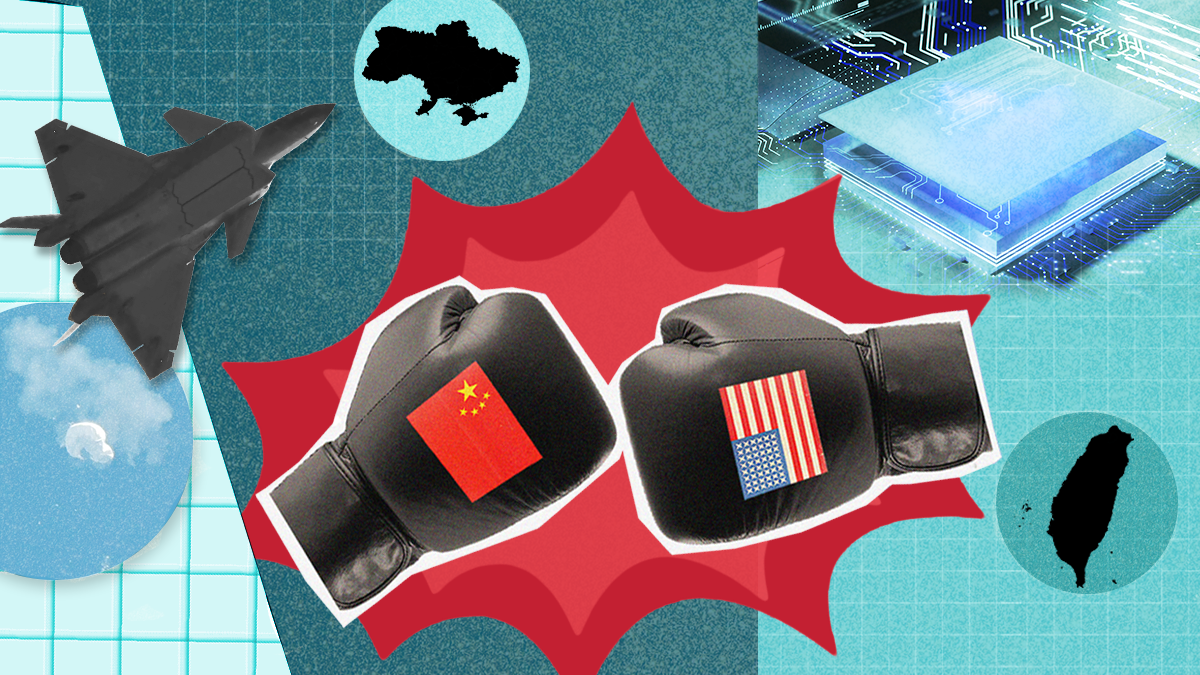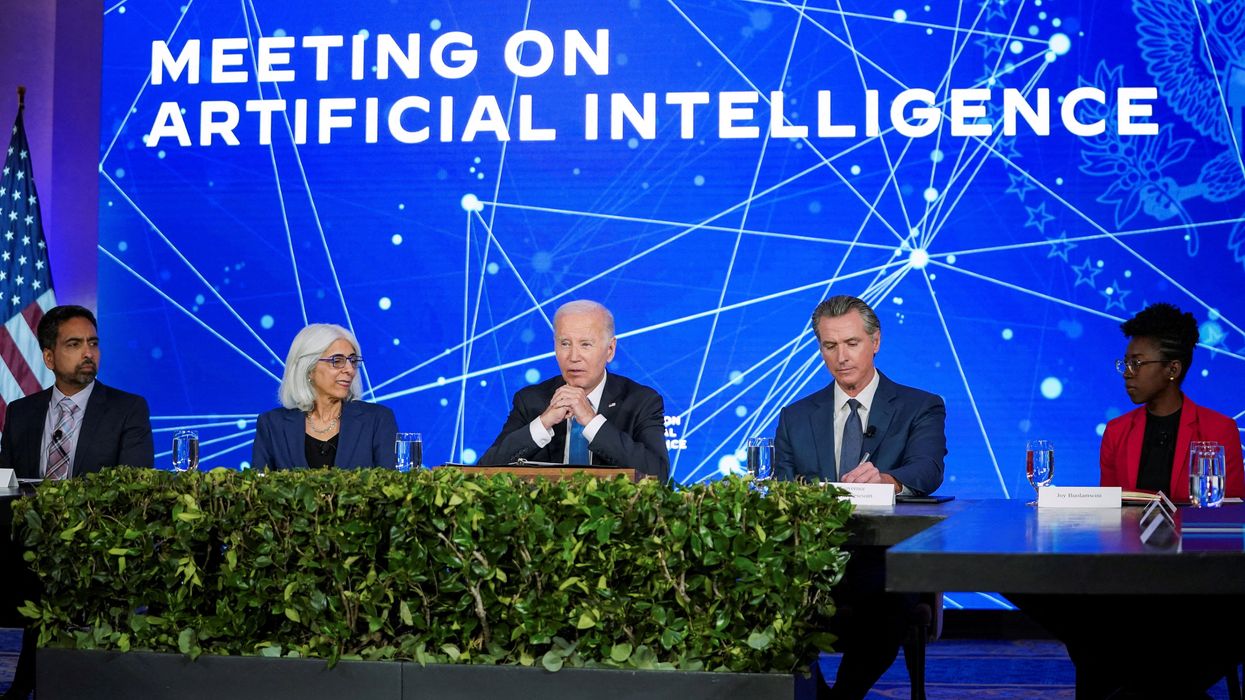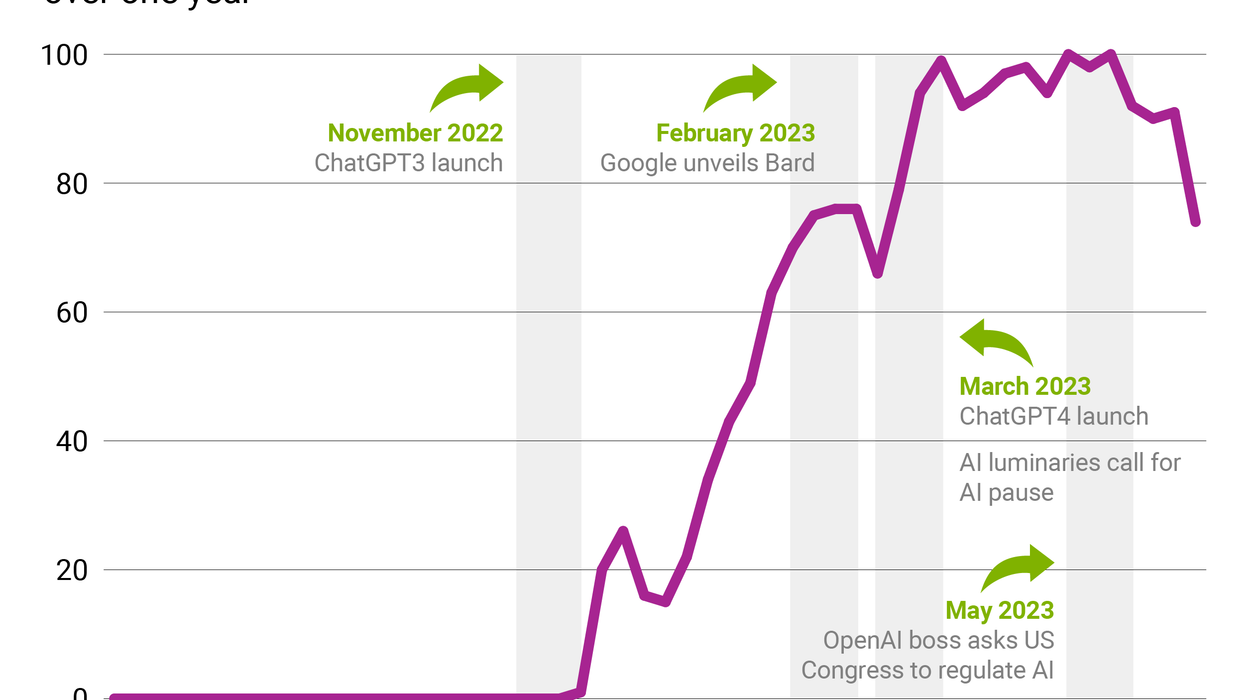A steady stream of headlines today suggests that a metastasizing confrontation between China and the United States has put an end to what we’ve known as globalization, the flow of goods, services, and money across international borders at unprecedented speed and scale.
It’s true that US-China relations have become more contentious than at any time since (at least) the Tiananmen Square massacre in 1989, and every time it appears things might improve, some new revelation or provocation has officials in Washington and Beijing threatening some new action. High tariffs between the two countries for all kinds of goods have remained in place for the past five years.
It’s also true that the US and China are fragmenting the flow of the globalized economy by remaking supply chains to reduce dependence on the other side for critical resources and products where they believe a shortage might threaten their national security. Yes, competition in the tech sector, especially for products like computer chips, has created an increasingly disruptive rivalry.
We also cannot ignore the reality that China’s President Xi Jinping has expressed some limited support for Russia and its president at a time when Russian forces occupy territory inside NATO-backed Ukraine and are killing Ukrainian civilians.
Washington and Beijing clearly have an increasingly contentious relationship that’s getting worse, and the globalization we’ve known over the past three decades is fragmenting in some ways.
And yet … did you know that US-China trade volumes set a record in 2022?
In the 10-plus years that Xi Jinping has ruled in China, the share of China’s exports headed for the United States, Europe, and Japan has barely moved at all. Whatever sympathy Xi has for Putin, he appears to believe that economic growth is crucial to the future of China – and its ruling party – and that economic growth depends on pragmatic relations with America and its most prosperous allies.
It’s crucial too that other wealthy countries continue to see the necessity of strong economic relations with China. US-friendly democracies in Europe, Japan, South Korea, Australia, and Canada remain closely aligned with Washington on security questions, but none of their leaders have taken action that suggests they believe China can be economically isolated as Russia has been.
In short, there is recognition in the United States, China, Europe, India, and every country that profits from a globalized economy that no one can afford a 20th-century-style division of the world into two blocs separated by a wall made hastily from cheap East German cement. Globalization may retreat for now into a surging number of regional trade deals, as we’ve seen over the past 15 years, but it has become too big to fail, and those in positions of power know the headlines don’t tell the full story.
That’s our assertion, but we’re also watching areas of the US-China conflict – and potential confrontation – that are genuinely disruptive.
Have a look and tell us what YOU think. Write to us here.


















